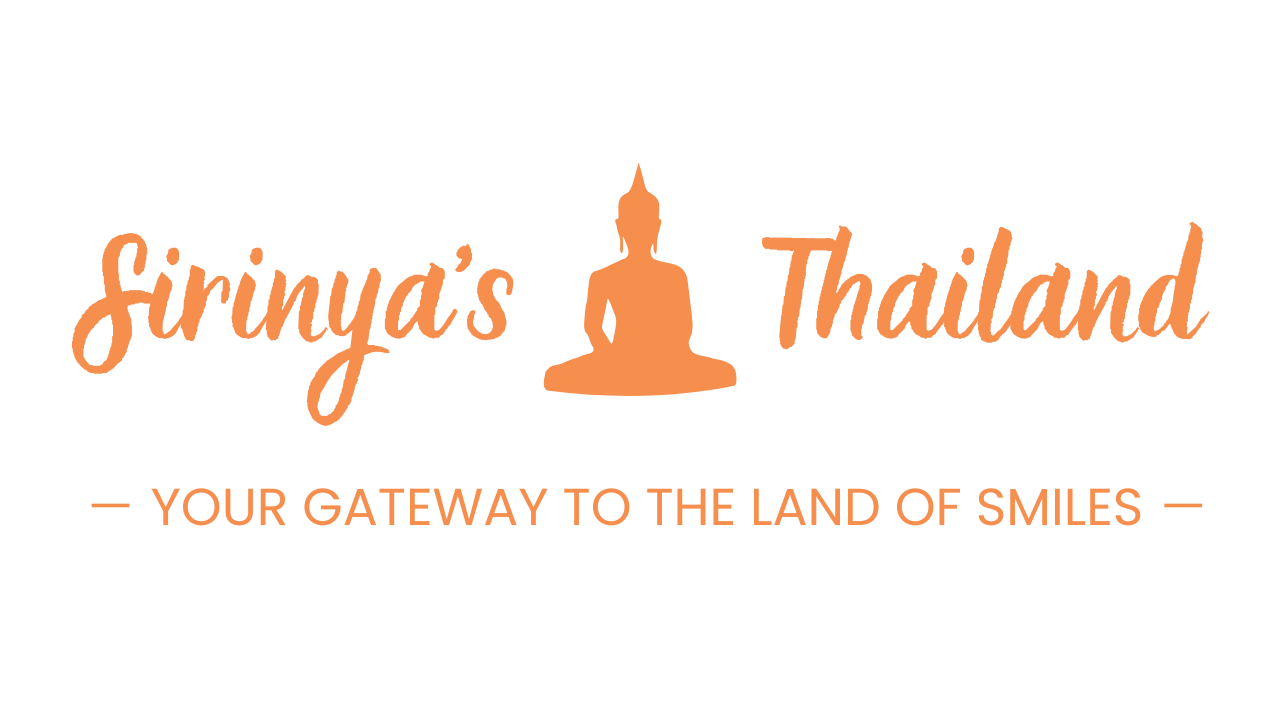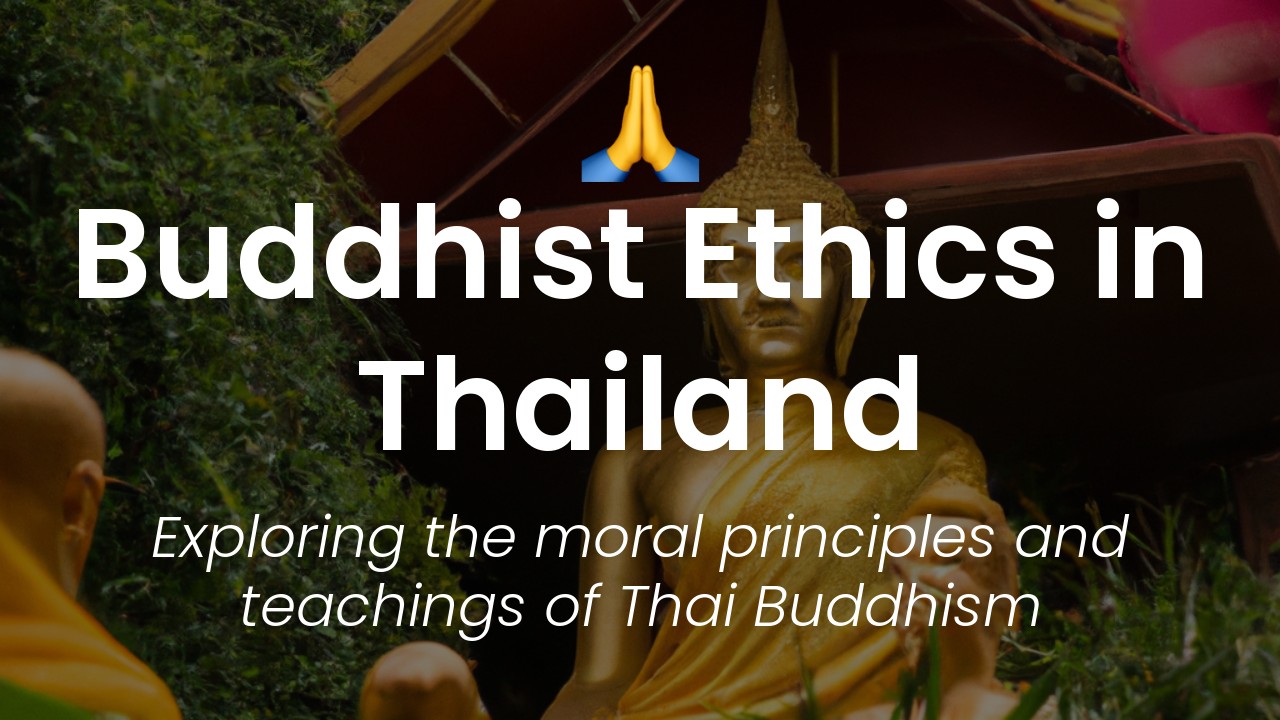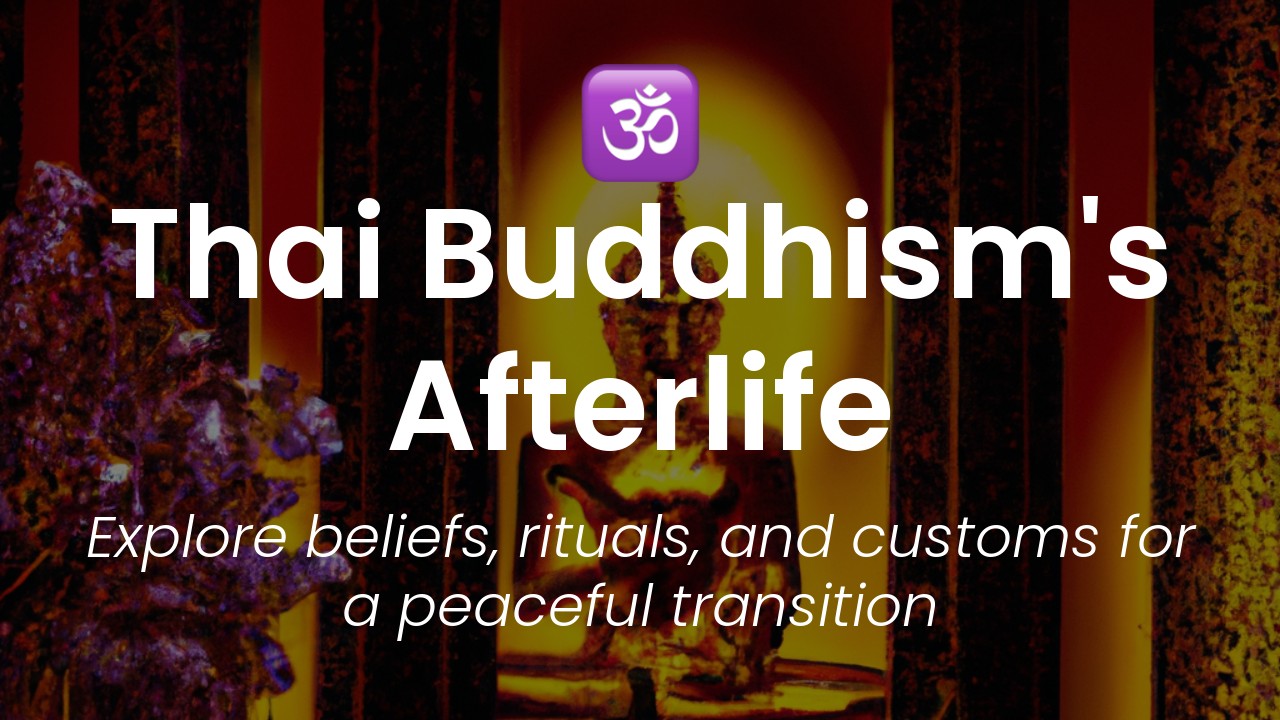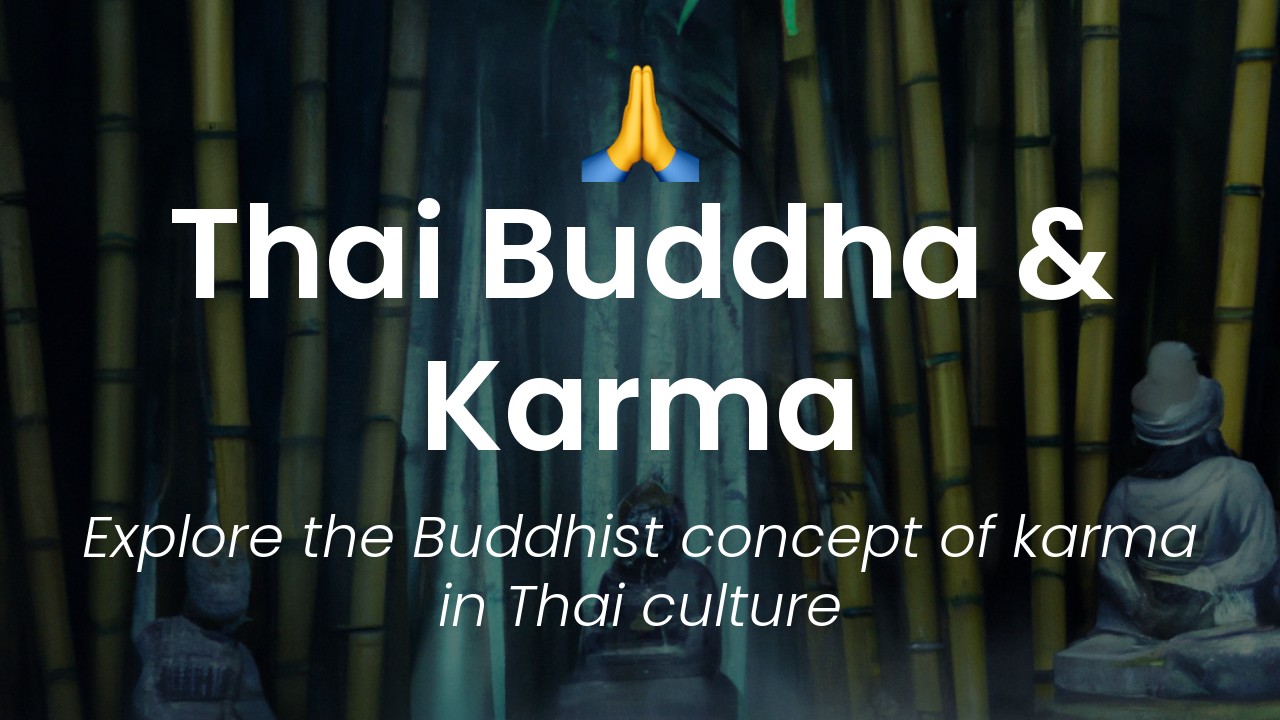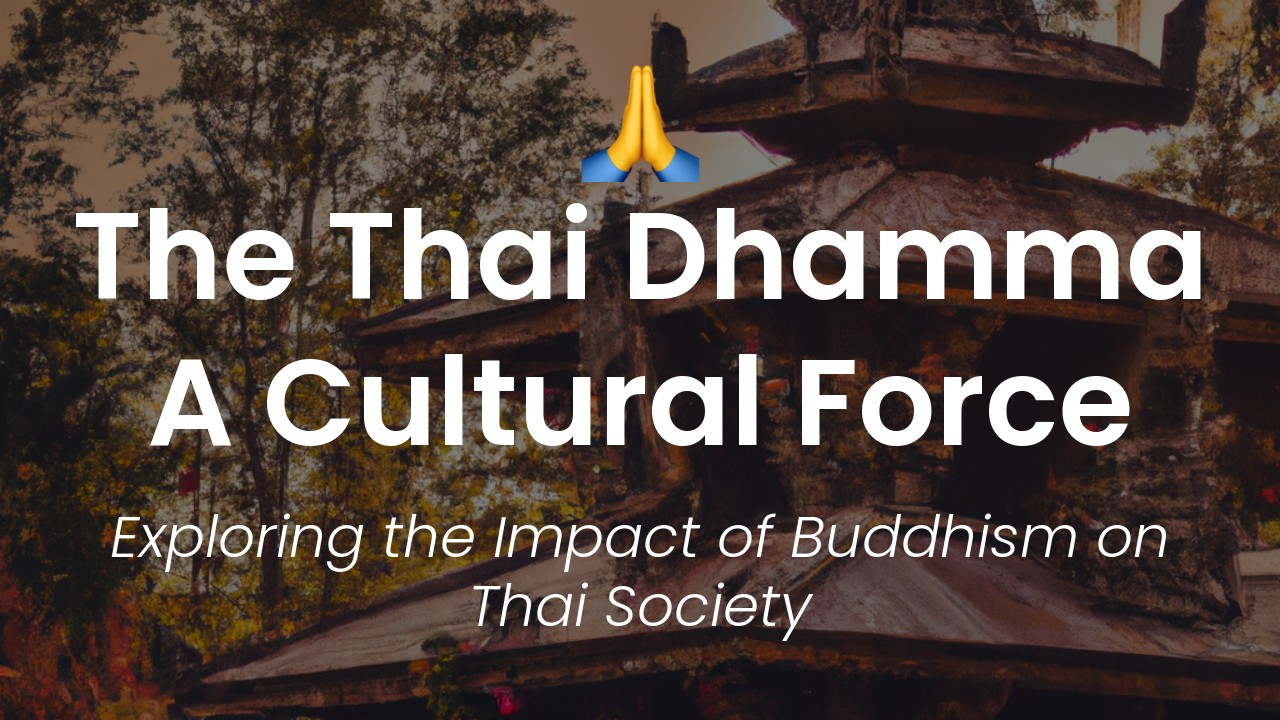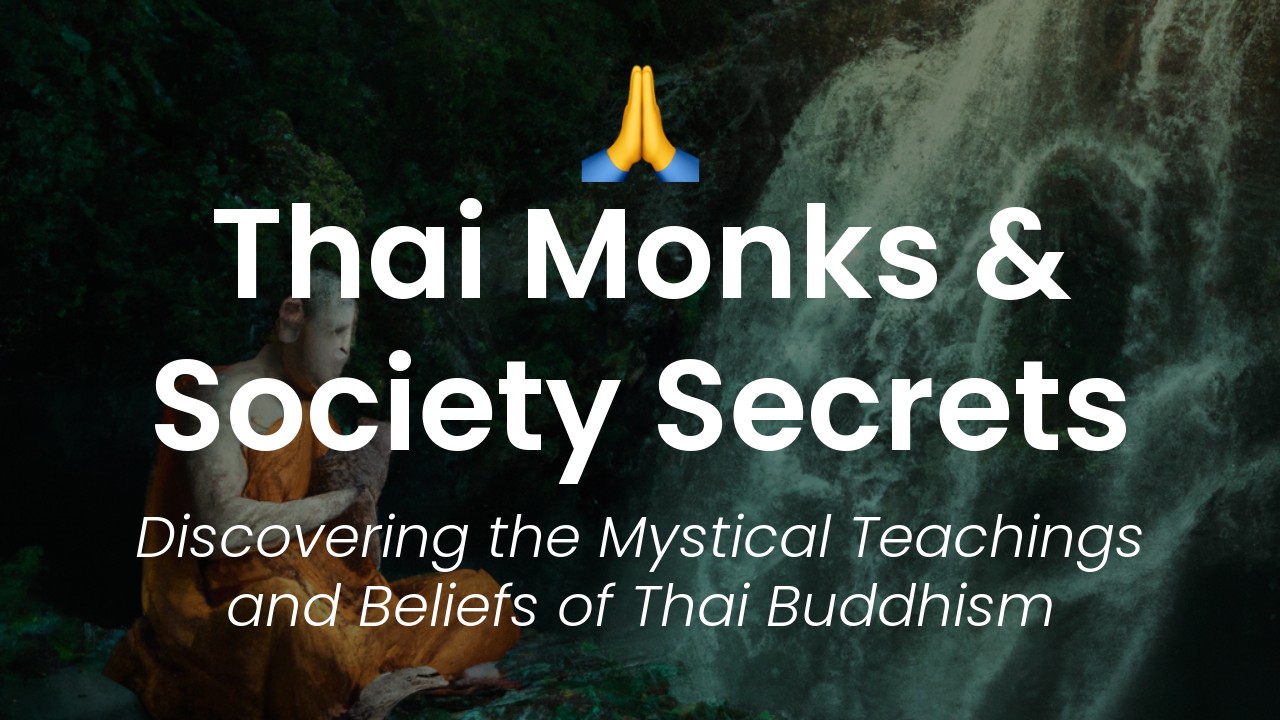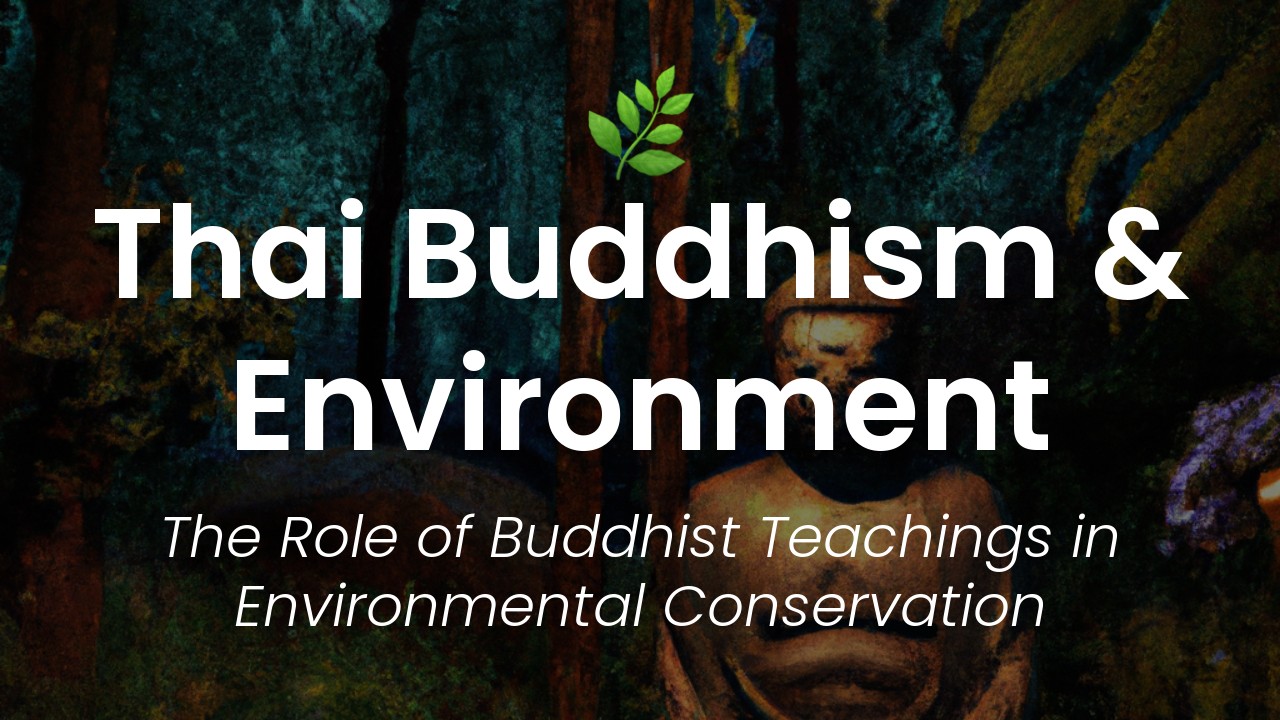As a Thai resident and lover of my country's rich culture, I want to share with you the fascinating world of Buddhist ethics in Thailand. Buddhism is the main religion in Thailand, and it reflects in the way of life of Thai people. It shapes their beliefs, values, and attitudes towards oneself and others. A traveler visiting Thailand can get a glimpse of these values from the art, architecture, food, and even the small practices of its people.
Buddhism is considered a way of life rather than a religion in Thailand. It stresses how every action leads to a consequence, how compassion and kindness can bring happiness, and how self-control can bring inner peace. These beliefs and practices have a profound impact on people's daily lives, including how they conduct business, resolve conflicts, and relate with others. As a result, visitors will find that these beliefs permeate every aspect of Thai life, from the ornate temples to the street food vendors.
In this article, I will delve deeper into the world of Buddhist ethics, exploring its key concepts, practices, and effects on Thai culture. I invite you to join me on this journey of discovery and to gain insight into the spiritual and cultural essence of Thailand.
The Five Precepts of Buddhist Ethics
As a predominantly Buddhist country, Thailand places great importance on adhering to Buddhist ethics in day-to-day life. One of the fundamental components of Buddhist ethics is the Five Precepts, which serve as guidelines for ethical conduct and moral behaviour.
The Five Precepts are as follows:
- Refraining from killing or harming living beings
- Refraining from stealing or taking what is not given
- Refraining from sexual misconduct
- Refraining from false speech or lying
- Refraining from intoxicants that cloud the mind
In Thailand, these precepts are deeply ingrained in the culture and are followed by individuals from all walks of life. From monks to laypeople, adherence to the Five Precepts is seen as essential for leading a good life and accumulating good karma.
The Eightfold Path to Enlightenment
Another key aspect of Buddhist ethics is the Eightfold Path to Enlightenment. This path consists of the following eight elements:
- Right view
- Right intention
- Right speech
- Right action
- Right livelihood
- Right effort
- Right mindfulness
- Right concentration
The Eightfold Path is seen as the means to achieve enlightenment and end suffering. In Thailand, many individuals strive to follow the path as a way to live a meaningful and fulfilling life that leads to eventual enlightenment.
Embracing the Concept of Karma
Karma is another integral part of Buddhist ethics that is deeply embedded in Thai culture. Karma refers to the idea that actions have consequences, and that negative actions lead to negative consequences in this life or the next. In Thailand, individuals are taught to embrace the idea of karma and take responsibility for their actions.
The concept of karma is also closely tied to the practice of giving and generosity. By engaging in acts of kindness and giving, individuals accumulate positive karma that can lead to a better future.
Practicing Generosity and Compassion
Generosity and compassion are two other key components of Buddhist ethics that are highly valued in Thailand. Giving to others, whether it be through donations, acts of service, or simply showing kindness and compassion, is seen as an important way to accumulate positive karma and improve one's own well-being.
In Thailand, many individuals and organizations engage in acts of charity and service as a way to live in accordance with Buddhist ethics and help those in need. From donating to temples and charities to organizing community service events, giving is deeply ingrained in the culture as a way to live a good life and accumulate positive karma.
The Importance of Mindfulness and Meditation
Mindfulness and meditation are also important components of Buddhist ethics that are widely practiced in Thailand. The practice of mindfulness involves staying present in the moment and cultivating awareness of one's thoughts, emotions, and surroundings. Meditation, on the other hand, involves training the mind to focus and develop inner peace.
In Thailand, many individuals engage in daily meditation and mindfulness practices as a way to achieve inner peace and tranquility. Monks often lead meditation sessions, and meditation retreats are popular for those seeking a more intensive practice.
Conclusion: The Continued Influence of Buddhist Ethics in Thailand
Buddhist ethics play a significant role in Thai culture and are deeply embedded in the day-to-day lives of individuals throughout the country. From the Five Precepts to the Eightfold Path, the concepts and practices associated with Buddhist ethics serve as a guide for ethical conduct and moral behaviour.
Through the practice of generosity, compassion, mindfulness, and meditation, individuals in Thailand strive to live in accordance with these ethics and achieve inner peace and enlightenment. As Thailand continues to evolve and develop, the influence of Buddhist ethics remains strong, shaping the culture and way of life for generations to come.
